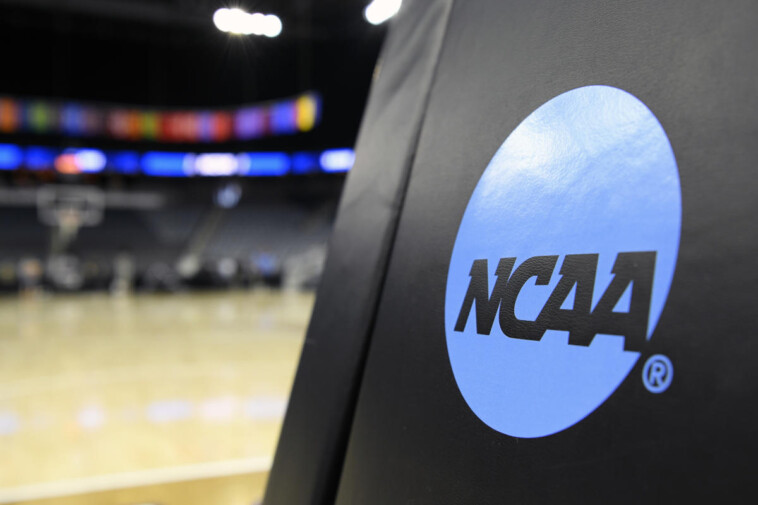The NCAA is considering more historic changes to its amateurism rules.
Member schools plan to seriously consider granting athletes in all sports, not just football, the ability to participate in five playing seasons and still preserve their redshirt; permit athletes to earn prize money before they enroll in college; and eliminate the National Letter of Intent.
The potential changes are part of what is expected to be a year-long comprehensive review of NCAA athlete-eligibility rules to reflect and operationalize the House settlement terms, according to documents obtained by Yahoo Sports. The documents will be reviewed this coming week during a video call of the NCAA Division I Council.
Recommendations and approval of the athlete-eligibility rules are expected to occur on a rolling basis and be presented to the DI Council for consideration at regular quarterly meetings through October of 2025. However, a new signing model with the elimination of the National Letter of Intent could be approved as soon as October, according to documents distributed to administrators.
While expected given the arrival of athlete revenue sharing next year, the changes under consideration are historic and significant in nature — the latest steps in college sports’ evolution away from the amateurism model that has cost it billions in legal losses.
In one of the more notable potential changes, athletes in all sports could participate in up to a certain amount of contests during a sports season while still preserving their redshirt. Such a policy is only currently permitted in football and wrestling. In football, for instance, a player can play in up to four regular season games and still preserve his redshirt season (the NCAA recently updated this rule to exempt all postseason competition from the four-game policy).
Such a rule has not existed for sports like basketball, baseball and all others aside from wrestling. If the policy is changed, sport-specific NCAA committees will be tasked with determining how many contests a player in each sport can participate in before burning the redshirt. In the NCAA documents, an example is offered of 30%, a similar figure used in football.
Other notable changes include what documents describe as a “new signing model” with the elimination of the National Letter of Intent. The “core benefits” of the National Letter of Intent will be incorporated into the institution’s athletics financial aid and scholarship agreements, according to the document.
Similar recruiting rules tied to the National Letter of Intent will continue with the signing of school aid agreements. They end a prospect’s recruitment. For instance, all communication with the signed prospect and family members must end, and the prospects are prohibited from signing more than one aid agreement prior to enrollment.
As for transfers, those moving from a four-year college to another must enter the transfer portal to sign the written offer of athletics aid, according to documents. Those signings cannot occur until the sport-specific windows have opened. The NCAA is in the process of considering an elimination of the spring transfer portal window in football.
Other rules under consideration for change are related to an athlete’s pre-college enrollment. They include:
– Permitting athletes who received payment exceeding their expenses for participation in an athletics event to retain their Division I eligibility. Under current NCAA rules, athletes are precluded from accepting any form of payment or prize money for athletics participation beyond necessary expenses (e.g., meals, lodging, travel, etc.) without jeopardizing their eligibility.
– Permit athletes who engage in professional opportunities prior to college to retain their eligibility in Division I provided no more than necessary expenses were received while participating professionally. This includes athletes who have signed a contract, but never received/accepted such an amount. The NCAA’s “delayed enrollment” policy still exists, limiting the amount of time athletes can delay the start of their college careers (documents use an example of a 12-month grace period).
– Permit college athletes and recruits to “utilize the services of agents when pursuing professional opportunities without jeopardizing their intercollegiate eligibility,” documents say. Under current rules, agents are permitted to assist athletes in limited roles, such as with name, image and likeness deals and with MLB contracts for those drafted. This rule change would give agents more access with athletes on professional endeavors before and during their college careers.



